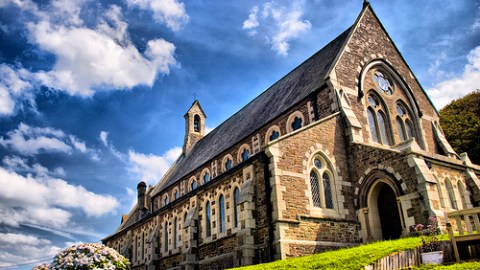“Nestle Shouldn’t Be a Church”

This is a guest blog post by Michael Schrage, a research fellow with the Sloan School of Management’s Center for Digital Business and a visiting fellow at Imperial College’s [London] ‘Innovation and Entrepreneurship’ program. He is responding to Big Think’s recent video interviews with Nestle Chairman Peter Brabeck on the topic of business sustainability:
Brabeck is understandably concerned about employees and shareholders becoming to focused on quarterly results, but it is the role of leaders like Brabeck and great companies like Nestle to resist pressures and temptations around results every 90 days. That said, even if I am running a marathon, I want to know my times after every three miles and where I stand in relation to the competition. Brabeck’s complaint is divorced from meaningful context. Where does he draw the line between short-term, medium-term and long term? Every year? Two years? Five years? If a leadership team has a compelling strategic vision and good people, they can attract the right kind of institutional and individual investors. I am surprised and sorry that Brabeck believes so many of Nestle’s investors don’t adequately understand or appreciate Nestle’s long-term strategies…whose responsibility is that?





